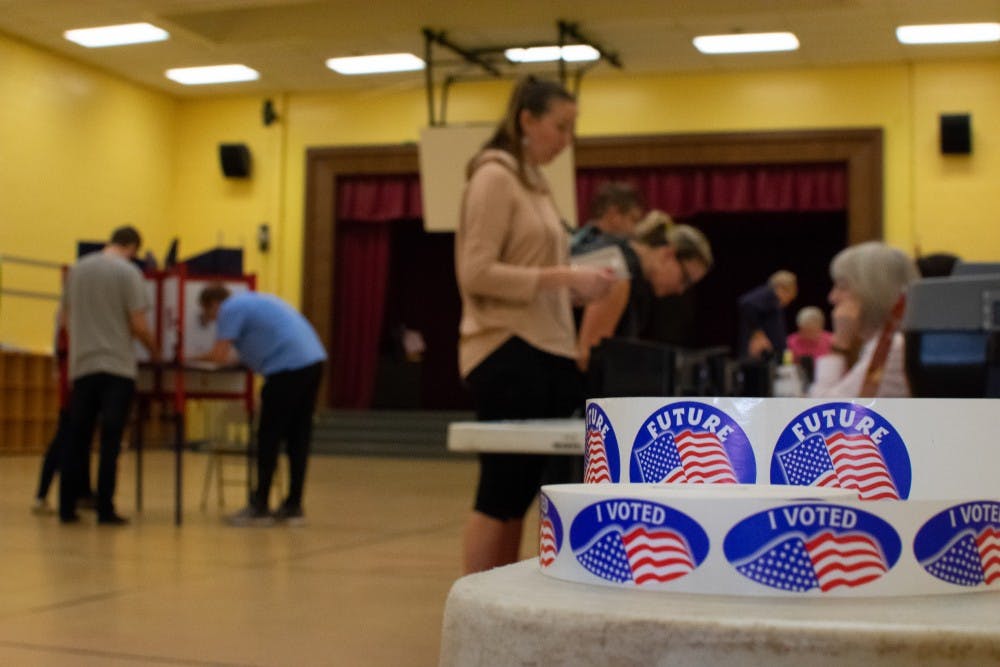North Carolina voters have approved four controversial amendments to the North Carolina Constitution, raising questions about the future of laws in the state.
The two remaining amendments, including one amendment that would alter the way judicial vacancy appointments are filled and one that would change the makeup of the Board of Elections, were voted down by North Carolinians.
The first amendment grants the right for people to hunt, fish and harvest wildlife and upholds traditional methods for hunting and fishing as a means of managing wildlife. These "traditional methods" are not defined.
The second amendment grants greater protections to victims of crime upon request. Currently, the North Carolina Constitution guarantees eight rights to victims.
The amendment would add seven more, such as the right "to be treated with dignity and respect" and to be given "information about the crime, upon request." The amendment would cost the justice system $11 million per year according to the North Carolina State Board of Elections.
The third amendment reduces the state income tax cap from 10 percent to seven percent. However, it will not change the current income tax rate of 5.4999 percent or the corporate tax rate of 3 percent.
The fourth amendment requires voters to present photo identification at polling places. It would not affect absentee voting. The legislature must make laws defining what constitutes a valid form of photo identification after now that the amendment has passed.
Though the amendment passed, not everyone is happy about it.
“The last time North Carolina enacted a photo ID requirement for voting, lawmakers designed restrictions that a federal court found targeted Black voters ‘with almost surgical precision,'" Karen Anderson, executive director of the ACLU of North Carolina, said in a statement. "When the lame duck General Assembly convenes to decide how to fill in the blanks of this new restriction, nothing short of the future of voting rights in North Carolina will be on the line."



